Jasmine tea is a fragrant and popular beverage cherished worldwide. Typically, it is made by blending high-quality green tea leaves with fresh jasmine blossoms, resulting in a delightful aroma and flavor. Its light and floral taste makes it a favorite among tea enthusiasts. Beyond its delightful taste, jasmine tea offers numerous mental and physical health benefits. These jasmine tea benefits include reducing stress, enhancing mood, and providing antioxidants that promote overall well-being. Enjoying jasmine tea can be both a sensory pleasure and a healthful choice.
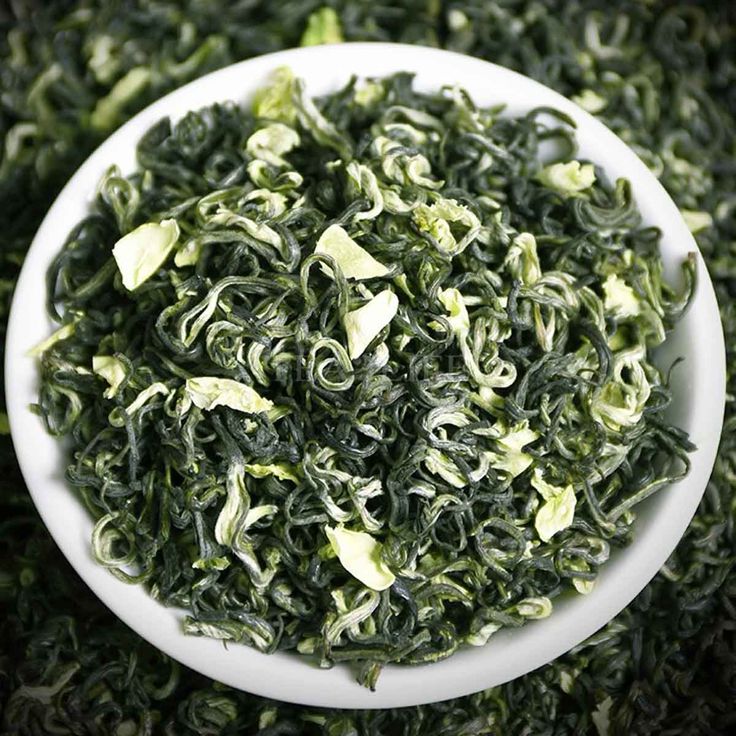
History and Origins of Jasmine Tea
Jasmine tea has its roots in ancient China, where it first gained popularity during the Song Dynasty, which lasted from 960 to 1279 AD. Initially, jasmine flowers were cherished for their delightful fragrance. They were often used in gardens and decorative objects, admired for their beauty.
As time passed, tea makers began to experiment by combining the aromatic jasmine flowers with tea leaves. This innovation gave birth to the beloved jasmine tea we know today. Over the centuries, this fragrant infusion spread across Asia and eventually to other parts of the world.
Jasmine tea became more than just a beverage; it evolved into a symbol of elegance and relaxation. Today, people around the globe enjoy jasmine tea not only for its delightful flavor but also for its rich history and cultural significance. This timeless drink continues to be cherished for its soothing qualities and enchanting aroma.
How Jasmine Tea is Made
The process of making jasmine tea requires careful craftsmanship and attention to detail. First, tea leaves are harvested, typically from green tea plants. However, white or black tea can also be used, depending on the desired flavor profile. Once harvested, the tea leaves are dried and stored properly to maintain their quality.
Meanwhile, fresh jasmine flowers are picked at dawn, when their fragrance is the strongest. These fragrant flowers are then layered with the tea leaves in a well-controlled environment. This method allows the flavors to infuse naturally, creating a delicate balance between the tea and jasmine.
The layering process may be repeated multiple times to achieve a stronger jasmine scent. Finally, the finished product is dried and packaged for consumption. This meticulous process ensures that every cup of jasmine tea delivers the perfect blend of freshness and delightful aroma.
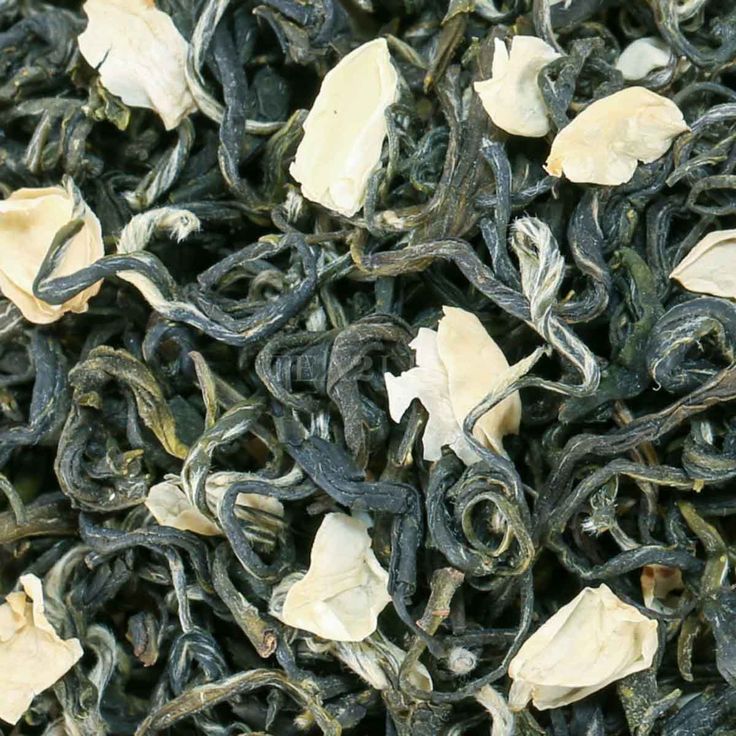
Nutritional Profile of Jasmine Tea
Jasmine tea offers a wealth of essential nutrients and antioxidants, making it a healthy beverage choice. This fragrant drink caters to both mental and physical wellness, allowing consumers to enjoy its unique flavors while benefiting their health.
Key Nutrients and Antioxidants
Jasmine tea is loaded with powerful antioxidants, such as catechins and polyphenols. These compounds help combat free radicals, which can damage cells and contribute to aging and illness. By incorporating jasmine tea into your routine, you may reduce your risk of chronic diseases and improve overall health. Additionally, jasmine tea contains important vitamins, including vitamin A and vitamin C. These vitamins play critical roles in supporting immune health and promoting skin vitality. Regularly drinking jasmine tea can also strengthen your body’s ability to fight inflammation, making it beneficial for those with inflammatory conditions. Furthermore, it supports better digestion and aids metabolic health, contributing to a balanced diet.
Calories and Caffeine Content
Jasmine tea is low in calories, which makes it an excellent choice for calorie-conscious individuals. A typical cup contains fewer than five calories, especially when consumed without any additives like sugar or milk. This low-calorie content allows you to enjoy a flavorful beverage without worrying about your daily caloric intake.
Moreover, jasmine tea contains caffeine, although its levels are generally lower than those found in coffee or black tea. The moderate caffeine content provides gentle stimulation, which can enhance focus and energy without causing jitters. This makes jasmine tea an ideal choice for those looking for a mild energy boost during the day. Notably, the caffeine in jasmine tea may also help enhance fat burning during physical activities. Overall, jasmine tea strikes an exceptional balance between flavor, nutrition, and energy, allowing you to enjoy its many benefits and indulge in its delightful taste.
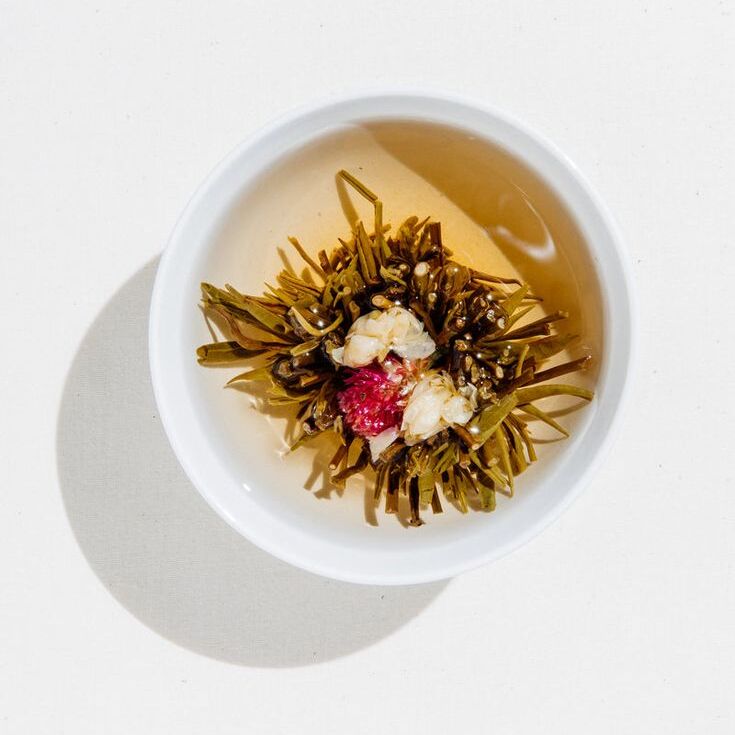
Mental Health Benefits
Jasmine tea is well-known for its ability to support mental well-being. Its unique compounds and calming qualities can positively impact mental health in several ways, making it a favorite among tea enthusiasts.
Stress Reduction and Relaxation
One of the most significant benefits of jasmine tea is its ability to help reduce stress and promote relaxation. The soothing aroma of jasmine is naturally calming and has been linked to lower anxiety levels. Research suggests that inhaling the scent can decrease heart rate and provide a comforting effect. Drinking jasmine tea regularly can be an effective way to unwind after a long or stressful day. Additionally, the gentle caffeine content in jasmine tea offers mild stimulation. This helps balance feelings of calmness with alertness, making it an excellent choice for relaxation and stress management.
Improved Cognitive Function
In addition to its calming properties, jasmine tea positively affects cognitive function. The caffeine and antioxidants present in jasmine tea support improved brain activity. Caffeine enhances concentration and short-term alertness, which ultimately boosts mental performance. Meanwhile, antioxidants like catechins help protect brain cells from damage caused by free radicals. This protective effect may reduce the risk of neurological decline and improve memory retention over time.
Furthermore, regular consumption of jasmine tea can lead to sharper focus and enhanced cognitive health. The tea’s ability to improve mental acuity makes it an ideal choice for individuals seeking to stay mentally sharp throughout the day. Whether you need to complete a challenging task or simply want to enjoy a moment of peace, jasmine tea can provide the perfect support for achieving a balanced mind. Overall, incorporating jasmine tea into your daily routine not only adds a delightful flavor to your life but also contributes to your mental well-being.
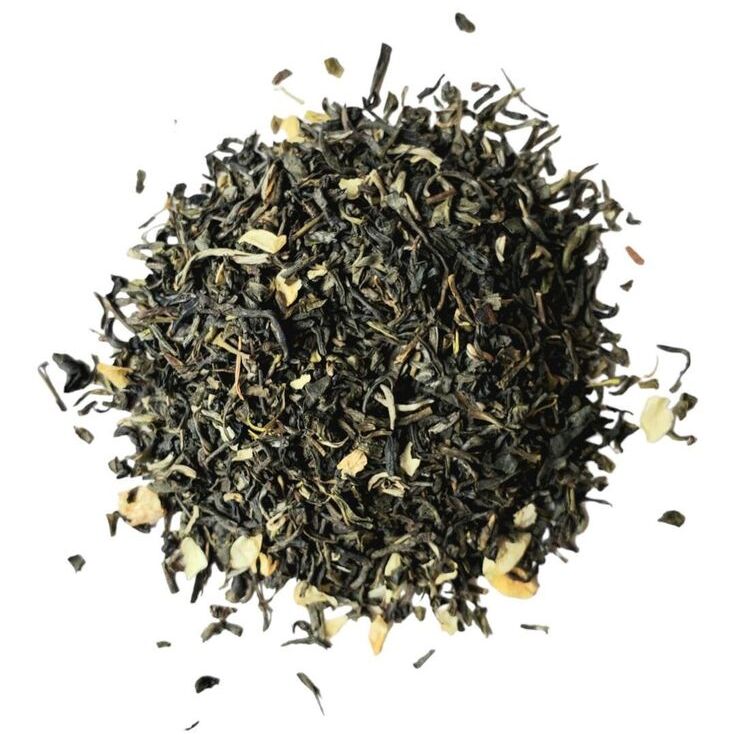
Physical Health Benefits
Jasmine tea offers numerous benefits for physical health, making it a valuable addition to your daily routine. Its powerful antioxidants and essential nutrients contribute to overall well-being. Regular consumption can help boost immunity, support heart health, and assist with effective weight management.
Boosting Immunity
One of the significant benefits of jasmine tea is its ability to strengthen the immune system. The antioxidants present in jasmine tea, particularly catechins, play a crucial role in fighting harmful free radicals that can damage cells. These compounds help reduce inflammation throughout the body, promoting a healthier immune response. Additionally, jasmine tea contains vitamins such as vitamin C and vitamin A, which further enhance immune defenses. By drinking jasmine tea regularly, you help your body respond more effectively to infections and illnesses. This herbal remedy acts as a natural way to build resilience and maintain good health.
Supporting Heart Health
Jasmine tea benefits heart health. Its antioxidants reduce oxidative stress, which improves overall cardiovascular function. Catechins in jasmine tea may lower cholesterol levels by reducing LDL cholesterol production. This helps decrease the risk of heart attacks and strokes. Jasmine tea also supports better blood circulation, which enhances heart efficiency over time. Additionally, moderate caffeine content in the tea boosts blood flow and energy levels without causing strain.
Aiding Weight Management
In addition to its immune-boosting and heart-friendly benefits, jasmine tea is effective for weight management. Its low-calorie nature makes it an ideal beverage for those watching their calorie intake. The gentle caffeine found in jasmine tea helps increase metabolism, promoting fat burning, especially during physical activities. Furthermore, the polyphenols in jasmine tea contribute to improved digestion, ensuring that food is processed more efficiently. Studies have shown that jasmine tea may help curb appetite, which reduces tendencies toward overeating. Overall, regular consumption supports healthier eating habits and better weight control, making jasmine tea a valuable component of any weight-loss regimen..
Skin and Hair Benefits
Jasmine tea offers powerful benefits for skin and hair health. Its antioxidants and nutrients contribute to beauty and wellness. Regular consumption can enhance both radiance and strength.
Antioxidants for Healthy Skin
Jasmine tea is rich in antioxidants that promote healthy, glowing skin. Catechins and polyphenols help fight free radicals, reducing skin damage and slowing aging. These elements protect skin cells, maintaining firmness and reducing wrinkles. Vitamin C in jasmine tea boosts collagen production, which keeps skin elastic and youthful. Its anti-inflammatory properties soothe skin irritation and redness. Drinking jasmine tea regularly can also improve hydration, giving skin a smoother appearance. For individuals seeking natural skincare solutions, jasmine tea is highly beneficial.
Effects on Hair Growth and Shine
Jasmine tea supports stronger, shinier hair. Its antioxidants improve blood circulation to the scalp, promoting better hair growth. Vitamins, like vitamin C and vitamin A, nourish hair follicles, preventing breakage and hair thinning. Jasmine tea’s anti-inflammatory compounds reduce scalp irritation and dandruff, keeping it healthy. Additionally, the tea may balance oil production on the scalp, enhancing hair shine and texture. Using jasmine tea as a rinse can further amplify these effects. Drinking jasmine tea often complements external hair care routines for lasting results.
How to Prepare Jasmine Tea
Preparing jasmine tea requires attention to detail for the best flavor and aroma. Whether you’re brewing a single cup or a pot, proper techniques ensure you enjoy its refreshing taste and health benefits.
Brewing Tips and Techniques
- Choose Quality Jasmine Tea: Select loose-leaf jasmine tea or tea bags from trusted brands.
- Use Fresh Water: Always use filtered or fresh water to enhance the tea’s natural flavors.
- Control Water Temperature: Heat water to approximately 175–185°F for green jasmine tea. Avoid boiling water to prevent bitterness.
- Measure Tea Properly: Use one teaspoon of loose leaves per cup or follow instructions on the tea package.
- Steeping Time: Steep the tea for 2–4 minutes. Over-steeping may cause a bitter taste.
- Combine Optional Ingredients: You can add honey or lemon for extra flavor and nutritional benefits.
- Serve Fresh: Enjoy your jasmine tea immediately after brewing for optimal taste and aroma.
Pairing Jasmine Tea with Foods
- Light Snacks: Pair jasmine tea with light snacks like crackers or rice cakes to complement its delicate flavor.
- Sweet Treats: Jasmine tea pairs well with desserts such as shortbread, fruit tarts, or sponge cakes.
- Asian Cuisine: It enhances the taste of Asian dishes like sushi, spring rolls, or dim sum.
- Fresh Fruits: Combine with fruits like strawberries or oranges for a refreshing pairing.
- Cheese Platters: Jasmine tea balances the richness of lighter cheeses like brie or camembert.
Preparing jasmine tea and pairing it thoughtfully ensures you get the most enjoyment from this timeless beverage. Whether sipping alone or with food, jasmine tea offers both relaxation and taste.
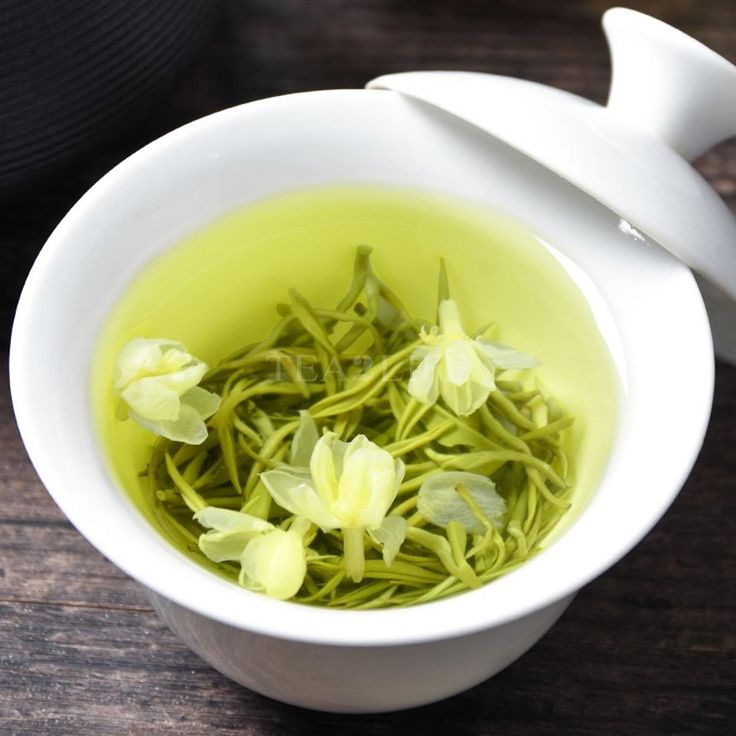
Considerations and Potential Side Effects
Jasmine tea offers numerous health benefits, but it’s essential to consider certain precautions before adding it to your daily routine. By understanding these factors related to jasmine tea benefits, you can ensure a safe and enjoyable experience.
Caffeine Sensitivity
Jasmine tea contains caffeine, which can pose challenges for those sensitive to it. For some individuals, caffeine may lead to unpleasant symptoms, including restlessness, insomnia, and increased heart rate. If you find that you are sensitive to caffeine, it is best to limit your jasmine tea intake to just one cup per day. Alternatively, you might consider opting for a caffeine-free version of jasmine tea, which allows you to enjoy the flavor without the stimulating effects. It is essential to pay attention to your body’s reaction to caffeine. By doing so, you can avoid any discomfort and enjoy all the benefits of jasmine tea responsibly.
Health Precautions for Specific Groups
Some groups should exercise caution when drinking jasmine tea. Pregnant people should limit caffeine intake, as excessive amounts could harm fetal development. Consult a healthcare provider before including jasmine tea in your routine during pregnancy or breastfeeding.
Additionally, individuals with reflux issues may experience irritation. Jasmine tea’s acidity sometimes triggers acid reflux or heartburn. To prevent this, avoid drinking it on an empty stomach. People on specific medications should check for potential interactions with the tea’s compounds. These include medications related to blood thinning, as tea components like catechins may amplify their effects.
Lastly, if you have allergies to flowers or plants, ensure jasmine tea doesn’t cause allergic reactions. Conduct a small test or seek professional advice when introducing it for the first time.